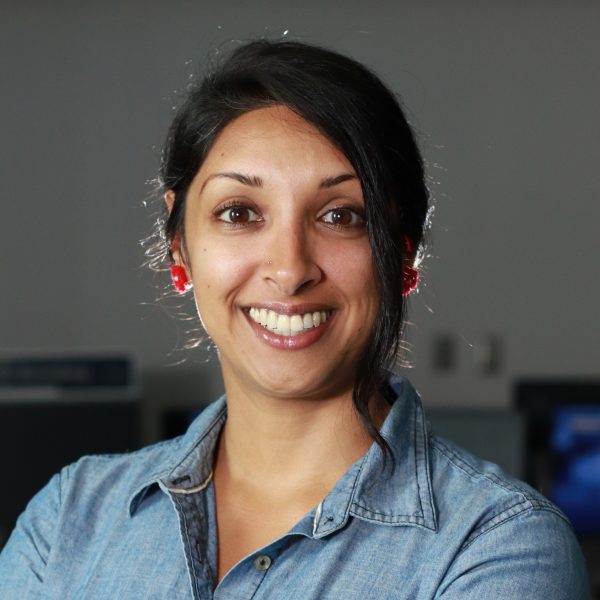Sarah Shujah is a Liaison Librarian and Entrepreneurship Librarian at the University of Toronto Scarborough (UTSC) Library, and she is a member of the University’s ETextbook Working Group that adjudicates the UTL OER Adaptation Grant. In addition to open education, Sarah co-leads the UTSC Indigenous Book Club, coordinates entrepreneurship research workshops that includes a women’s entrepreneur social, facilitates workshops for colleagues in Ontario on integrating the ACRL Framework for Information Literacy for Higher Education, provides instruction to high school students that are transitioning to post-secondary, and develops online learning objects. She uses an equity, diversity, and inclusion lens in the work she is interested in that includes OER, information literacy, entrepreneurship, and professional development.
Leadership Portfolio
As a SPARC Open Education Fellow 2019-2020, and in my capacity as an Entrepreneurship Librarian, I focused on developing an entrepreneurship open learning series to make learning business acumen and participating in entrepreneurship more accessible for students and community members, while also increasing OER awareness with faculty and librarians on campus. The BRIDGE Entrepreneurship Open Learning Series: Start Your Journey, uses a new educational technology, H5P, and has a Creative Commons Attribution-NonCommercial-
The phases of the work included forming a team that explored and selected an open license for the project, developed and created the modules, investigated UX testing and research, and ultimately published a community resource.
My capstone project is the solution to making entrepreneurship education equitable and accessible to all. These modules can be used in a variety of ways: (1) By the Department of Management and/or entrepreneurship librarians to help a student understand a concept as they work on their business model or during a co-curricular opportunity, such as a hackathon; (2) They can be used by faculty members in Management or other programs that have an entrepreneurship course; (3) They can be used by incubators or accelerators as competency training modules for student startups; and (4) with external community to support marginalized communities interested in starting a business.
In the initial phases of my capstone project, I engaged in broader discussions with potential stakeholders and collaborators on open education. This process of sharing, listening, and discussing open education was the catalyst to me leading the entrepreneurship open learning series. During the project development I lead the team with helping us successfully reach our goals despite the challenges of the pandemic. Writing a project proposal that outlined our goals and timeline helped to establish a clear vision for the team. We achieved success in finishing the Self-Assessment: Are you an Entrepreneur? module and drafting the Value Proposition module. In addition, I created The New Venture Program (NVP) Library Research Guide to compliment the learning series. The learning series is already being used in The BRIDGE’s academic exchange social initiative program, The African Impact Initiative that brings The BRIDGE’s NVP to startups in Ghana in partnership with startup hubs locally, and in a campus Human Resources – Management program case competition that includes students from other Ontario universities.
Also, as I shared my SPARC capstone project and progress within it, with my colleagues in the library, I received interest from them to learn more. Due to this interest, I ended up co-leading a virtual workshop on Creative Commons (CC) licenses during a Liaison Librarian meeting, wrote up guidelines for sharing your work with a CC license, co-wrote developing online learning objects with H5P guidelines, and co-wrote a successful internal grant application for an OER Sprint with our campus scholarly communication librarian.
The challenges of the pandemic have led to a greater need to learn and lead on best practices to create, develop, collaborate, and share online learning objects or other OER. My next steps include completing other modules in the series, and making them freely available through The BRIDGE website. I am looking forward to continuing to be an OER leader and valuable resource to my colleagues.
